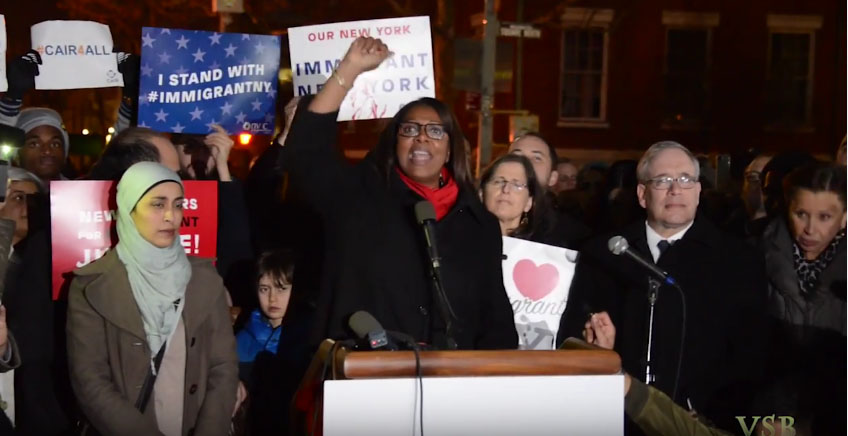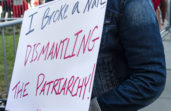One of the most interesting social media platforms-and aside from Facebook itself, the most popular one in the English language-is Twitter. The evangelists of this global means of communication would claim it’s responsible for catalyzing a host of revolutions within otherwise repressed dictatorships, while its critics might describe it as a meaningless echo chamber which others use to exploit journalistic credulity. Even as its user base declines and it struggles to find a viable revenue model, it can’t be denied that Twitter exerts an outsized influence, if only upon the narratives crafted by the mainstream news media. A perfect example being the current imbecilic campaign led by social justice warriors to turn an iconic Marvel hero into a gay man.
That’s why the suppression of non-leftist perspectives on this platform is such an important issue, regardless of how one might view the utility of Twitter itself. It not only bolsters the already skewed terms of debate by both feeding an extraordinarily lazy, monolithic media fuel and denying the opportunity for genuinely fresh voices to be heard. Through stealth banning, removing the verified status of previously trusted accounts, and outright expulsion, it marginalizes opinions which don’t dovetail with the socially progressive zeitgeist, whether they be opposition to the invasion of Europe, disregard for gender feminist hysteria, reasonable questions about gender dysphoria, or skepticism towards our current national monologue about race. It makes those Europeans who don’t want their continent turned into a third world hostel seem like irrational xenophobes, rather than individuals concerned about their nations being permanently effaced.
The social network effect is one which turns lies into truth simply through repetition and amplification. People seem to have forgotten how and why the reverse colonization of Europe occurred. Less than a year ago Europe’s Dr. Kevorkian affirmed the impracticality of opening her country’s doors to the third world. What’s happened since that tearful encounter to persuade her that Germany needs to import the cultural dysfunction of countries like Iraq, Syria, Afghanistan, and Eritrea? Only the most successful, if deliberately misleading, international media campaign since the death of Mohammed al-Dura. Critics rightfully mock hashtag diplomacy, but the power of a resonant image, especially one which leverages the power of global social media networks, to frame the terms of debate cannot be underestimated.
This is the reason why non-doctrinaire, heterodox views need to have a place on Twitter, Facebook, and every other online venue which shapes the way we think and talk as a civilization. We need to strike back at the attempts to quarantine speech and limit the bounds of acceptable opinion. In my concluding essays about the current social media climate, I’ll suggest ways of doing so.








Would you consider perhaps right wingers need their own venues to share their views? Social media is always useful to share it, but there are places to call home for those views. If only PW was around that’s definitely one place conservatives can call their own.
I have very mixed feelings about that-which I’ll explore in a future post-but generally, I think creating your own platforms is a good idea. However, it’s very limiting in many ways.